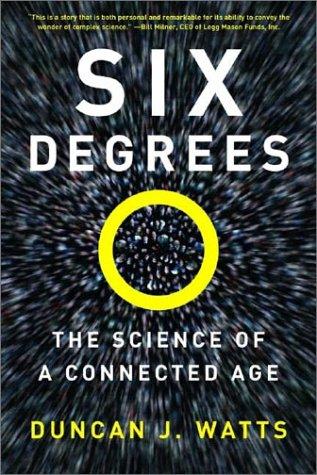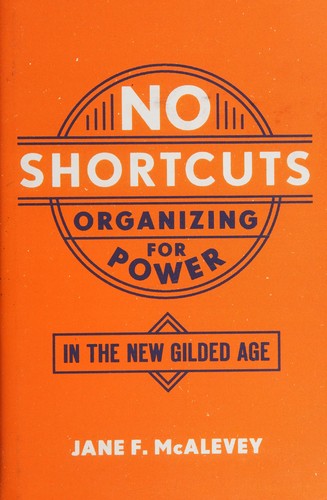It is very difficult to give any sociological explanation for the rise of the Romantic movement, although it ought to be done. The only explanation I have ever been able to discover arises from looking at who these persons were, particularly in Germany. The truth is that they were a remarkably unworldly body of men. They were poor, they were timid, they were bookish, they were very awkward in society. They were easily snubbed, they had to serve as tutors to great men, they were constantly full of insult and oppression. It is clear that they were confined and contracted in their universe; they were like Schiller’s bent twig, which always jumped back and hit its bender. There was something about Prussia, where most of them came from – about this excessively paternalistic State of Frederick the Great’s, about the fact that he was a mercantilist and therefore increased the wealth of Prussia, increased her army, made her the most powerful and rich of all the German States, but at the same time pauperised her peasants and did not allow sufficient opportunity to most of her citizens.
It is true, too, that these men, most of them children of clergymen and of civil servants and the like, received an education which gave them certain intellectual and emotional ambitions; with the result that, since too many jobs in Prussia were held by persons of good birth, where social distinctions were preserved in the most rigorous manner, they were not able to attain full expression of their ambitions, and therefore did become somewhat frustrated, and began to breed fantasies of every possible kind.













